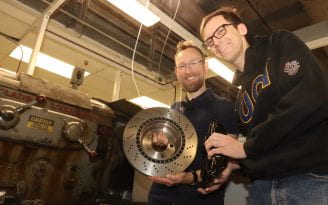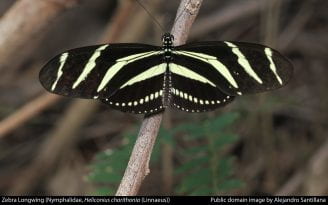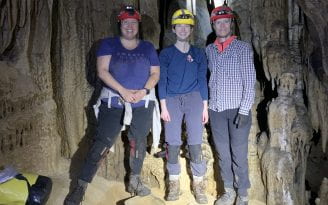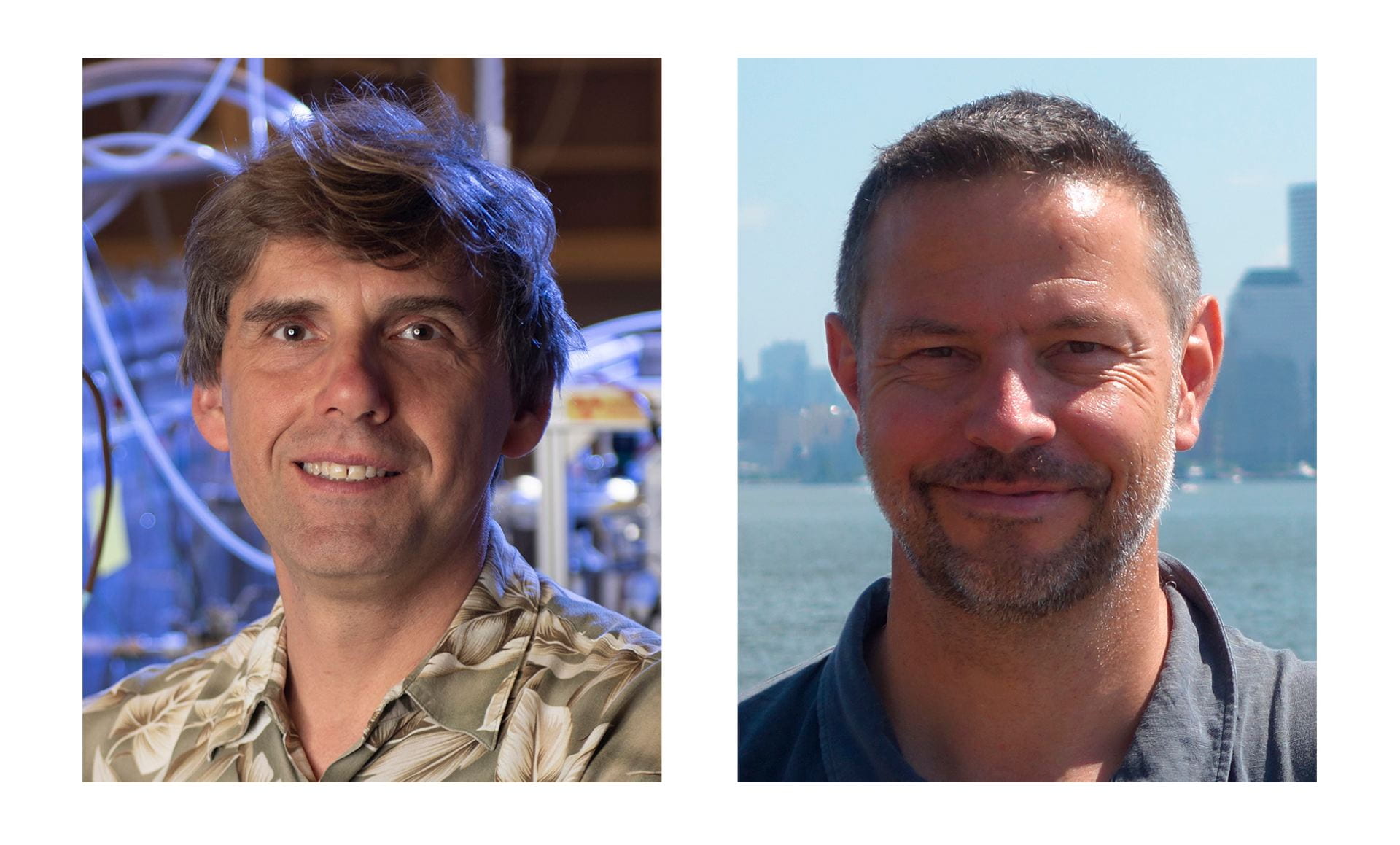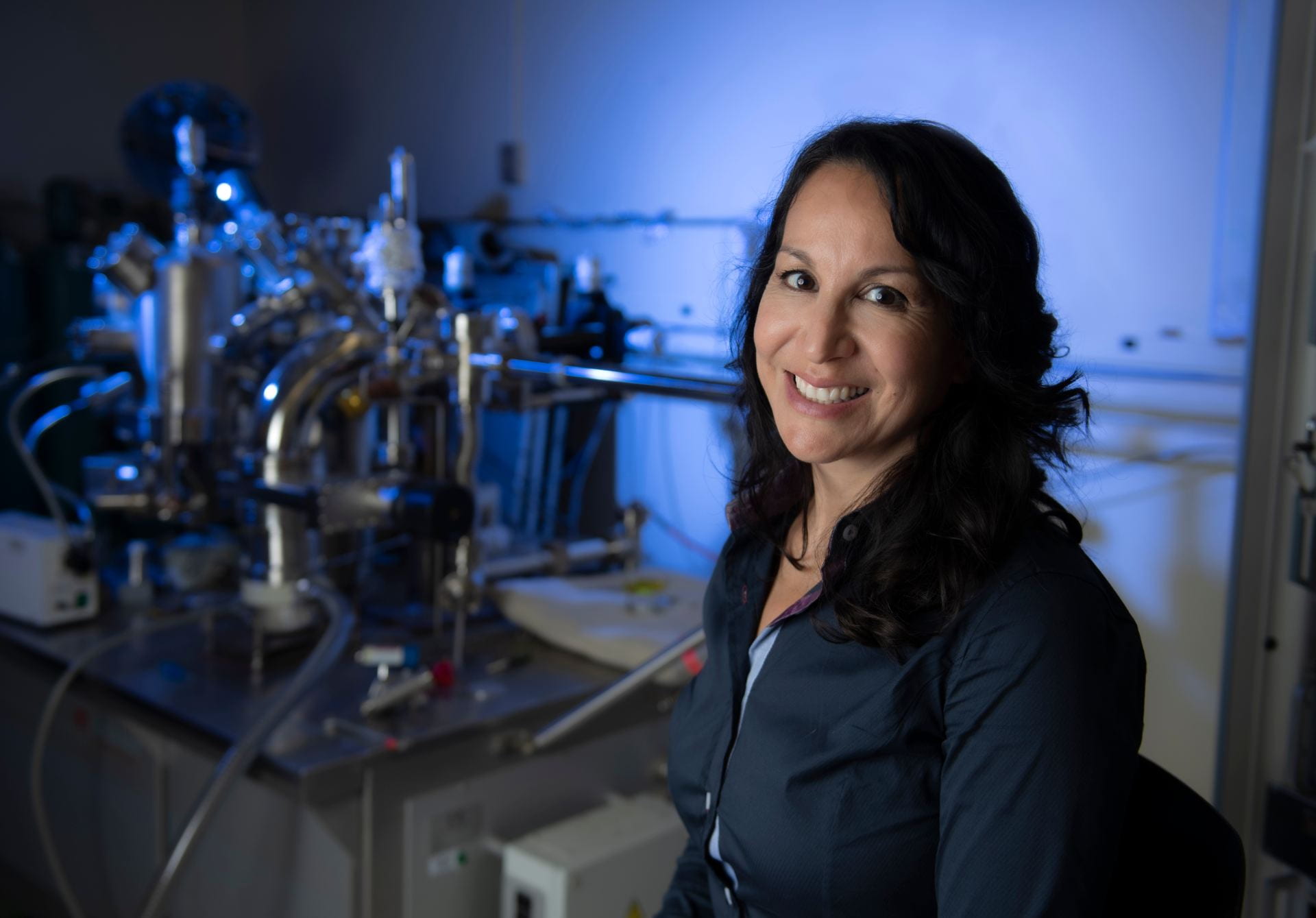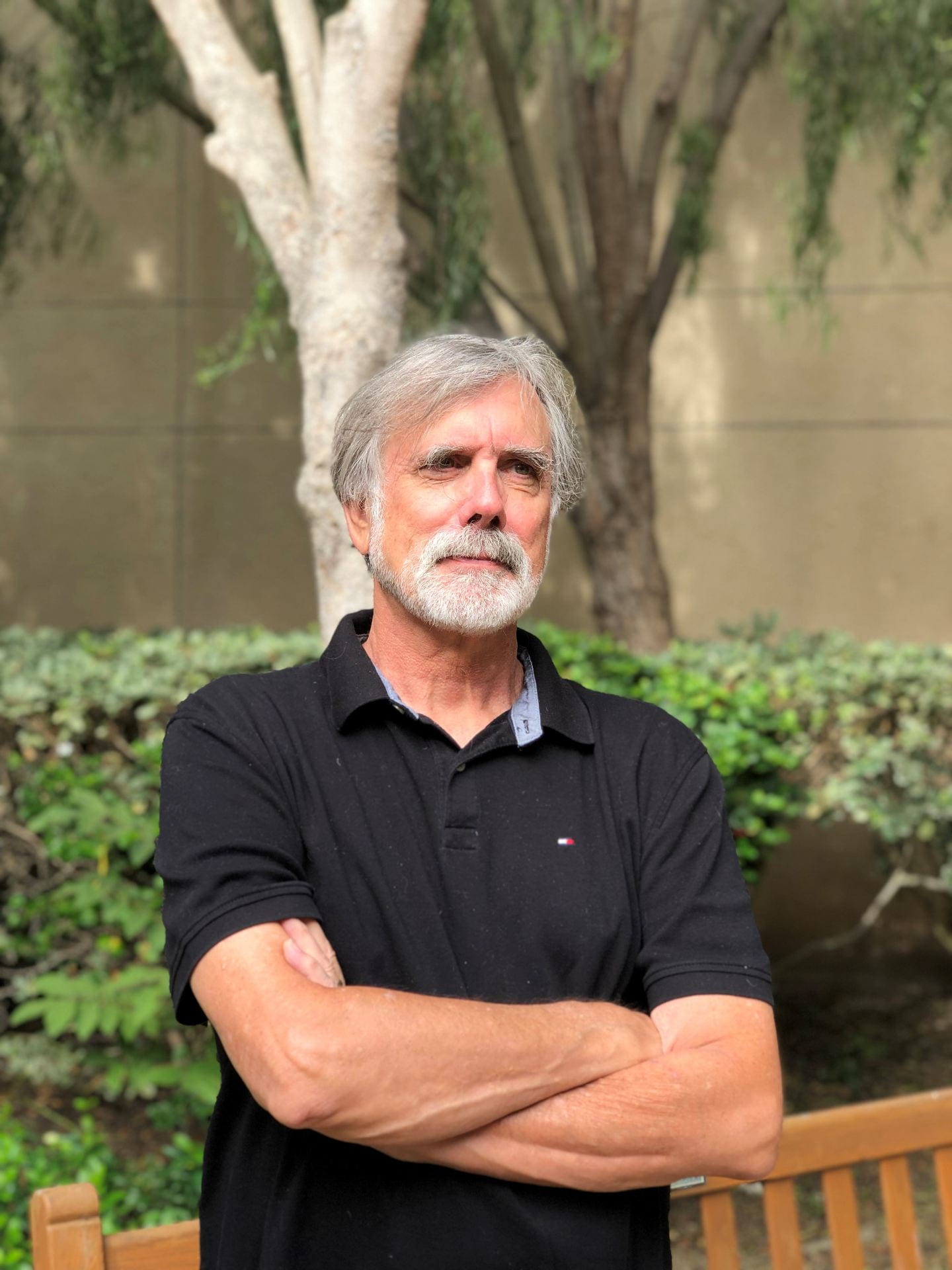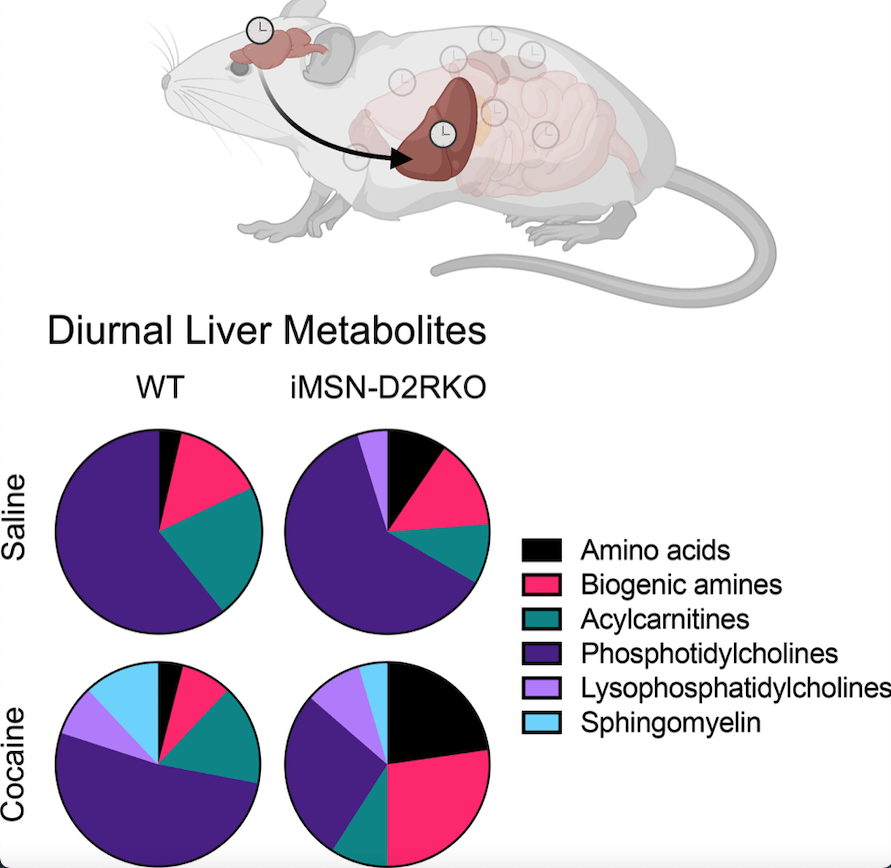UC Irvine mathematicians, Princeton ecologist publish intriguing stem cell findings in PNAS
Just as humans decide how much of their wealth to spend versus passing it on to their children, stem cells may divide and re-create based on whether it’s more important for them to conserve their genetic identity or pass along a portion of other, nongenetic information to the next generation, according to a paper published today in Proceedings of the National Academy of Sciences.
